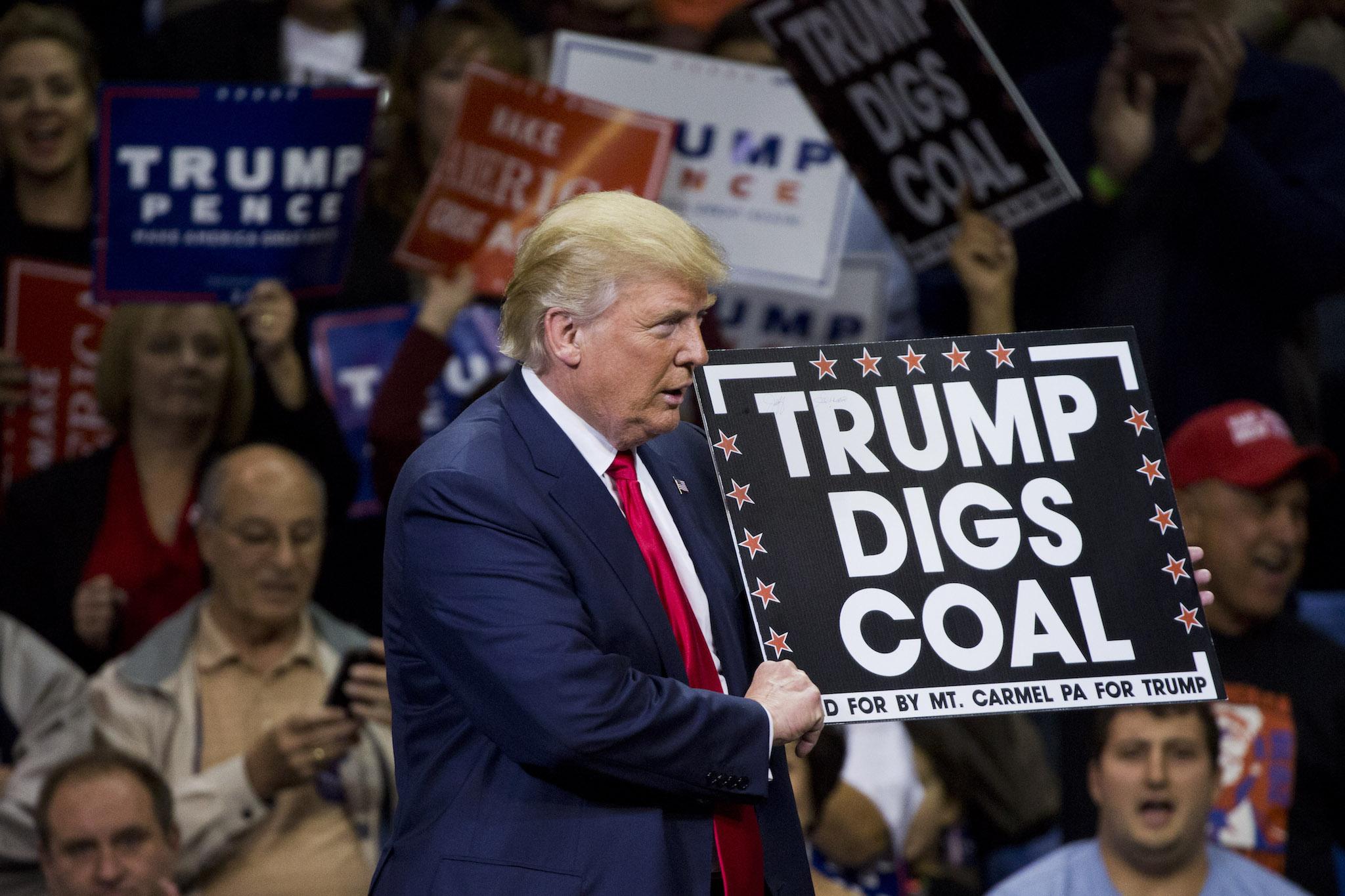World powers round on Donald Trump at UN over climate change
China, the UK, EU and Brazil all raise questions about how the US plans to cut its carbon emissions

China, the UK, the European Union and Brazil have all filed questions at the United Nations about the United States’ policies on climate change amid international concern that Donald Trump will withdraw the US from the historic Paris Agreement.
While the Trump administration’s plans remain unclear, there have been suggestions the US could face trade tariffs if its greenhouse gas emissions are allowed to increase while the rest of the world makes substantial cuts.
Beijing asked the US to explain what measures would be taken to reach a target to cut emissions by 17 per cent between 2005 and 2020, which is currently expected to be missed.
Chinese officials said the target would be “even more challenging” given Mr Trump’s stance on the issue.
And they directly contrasted the Republican president’s views – he has ludicrously described climate change as a hoax perpetrated by China – with those of Barack Obama.
“According to the projections … the US needs to take additional measures to achieve their 2020 targets,” China said in a question lodged at the UN.
“Given that President Trump is not supportive of President Obama’s Climate Actions plan, it is even more challenging to achieve the 17 per cent emission reduction in 2020 purely through domestic actions.
“Does the US have any plan or preliminary thoughts on using international market mechanism to accommodate recent changes?
“If still not, what additional measure will the US consider to take to achieve the 2020 target?”
Mr Trump has begun the process of dismantling the Clean Power Plan (CPP), which was the flagship climate policy of his predecessor.
“Clean Power Plan is among the most important mitigation actions of the President’s Climate Action Plan 2013,” the Chinese submission said.
“Although the Party has explained that the estimated mitigation impact was not reported because the Plan is expected to start delivering emission reductions after 2020, it is believed that the anticipation of full implementation of CPP will have significant impacts on the electricity market and relative investment choices before 2020.
“Has the US prepared any alternative approaches to mitigate emission of electricity sector in case the CPP is cancelled?”
The European Union also asked what “additional measures” would be taken to meet the 2020 emissions target. It noted that emissions in 2013 were 10 per cent below the level in 2005.
“Could the US provide additional information on how its mitigation actions to date have had an impact on emissions reductions?” the EU asked.
10 photographs to show to anyone who doesn't believe in climate change
Show all 10“Please could the US provide additional information on how believes its future implementation of actions will ensure it achieves its targets?”
The UK asked what assessment had been made of “the impact of policy announcements” made recently by the US.
And Brazil noted the US was forecast to cut emissions by 13 to 15 per cent by 2020, which would miss the target.
It asked whether the US was planning “to put the additional measures in place”.
The questions were filed in February but have only recently been released.
They referred to a US report on its progress on climate change which had been submitted to the UN by the Obama administration.
The Trump administration was due to hold a crunch meeting earlier this month about whether to withdraw the US from the Paris Agreement on climate change, but it was cancelled. A decision is expected to be announced by the end of May.
Administration officials appear divided on the issue with some arguing the US should stay to have a ‘seat at the table’ during international talks.
But, speaking to Bloomberg, experts suggested remaining a signatory to Paris while not genuinely living up to its commitments would be a bad move.
“This whole idea of being binding or non-binding is a distinction without a difference," Marlo Lewis, of the Competitive Enterprise Institute.
“Trump and whoever comes after Trump will continually be caught in this no man’s land where if you don’t do what Obama promised, you are breaking a promise that America, allegedly, has made to the world.”
And Mike McKenna, a strategist who advises energy companies, told Bloomberg that paying only lip-service to Paris “would turn the United States into a professional liar and hypocrite”.
“If we’re not going to participate in honest action, the right answer is, get out,” he said. “It is weaselly and beneath our national honour to do something like this.”
Subscribe to Independent Premium to bookmark this article
Want to bookmark your favourite articles and stories to read or reference later? Start your Independent Premium subscription today.

Join our commenting forum
Join thought-provoking conversations, follow other Independent readers and see their replies